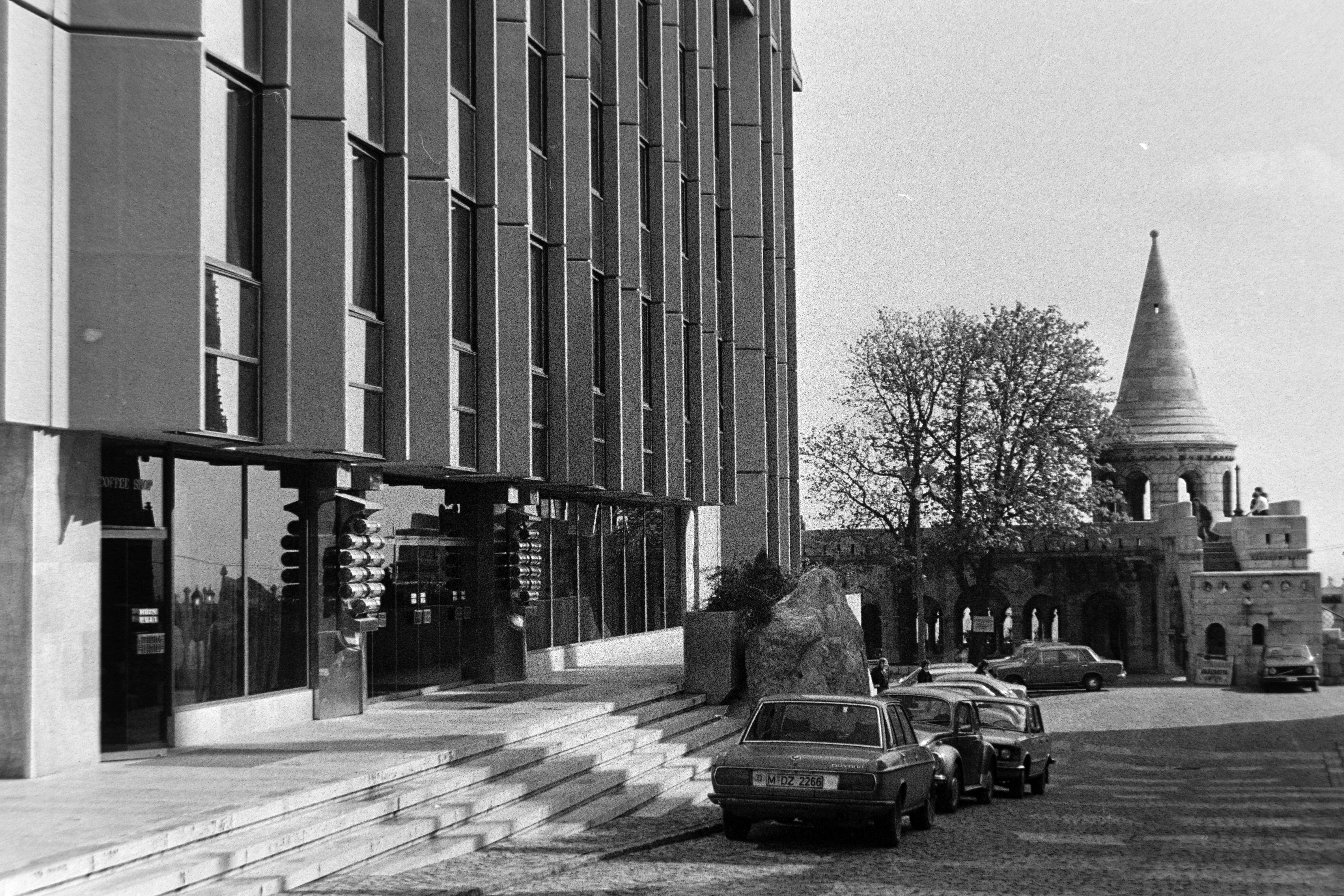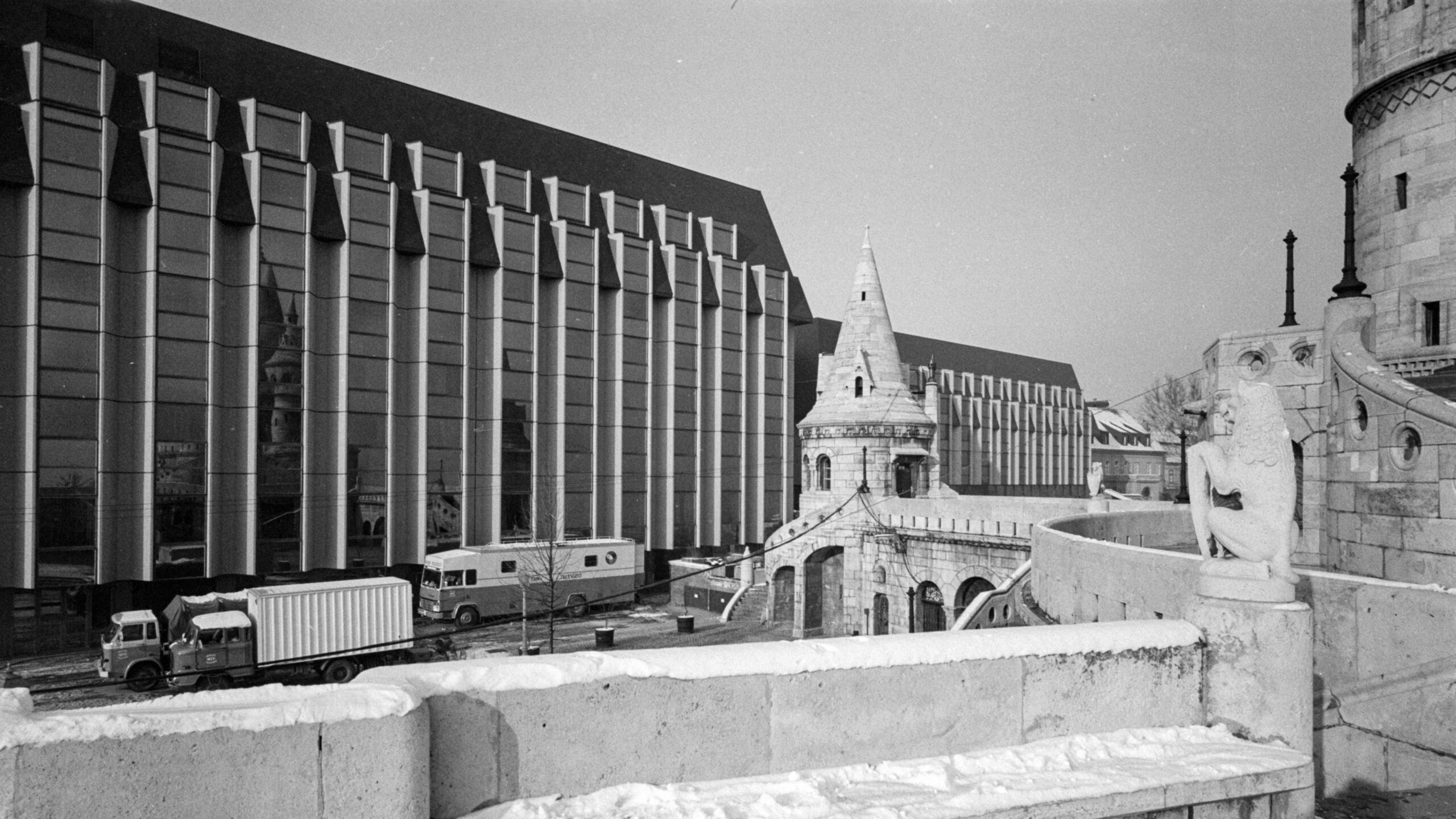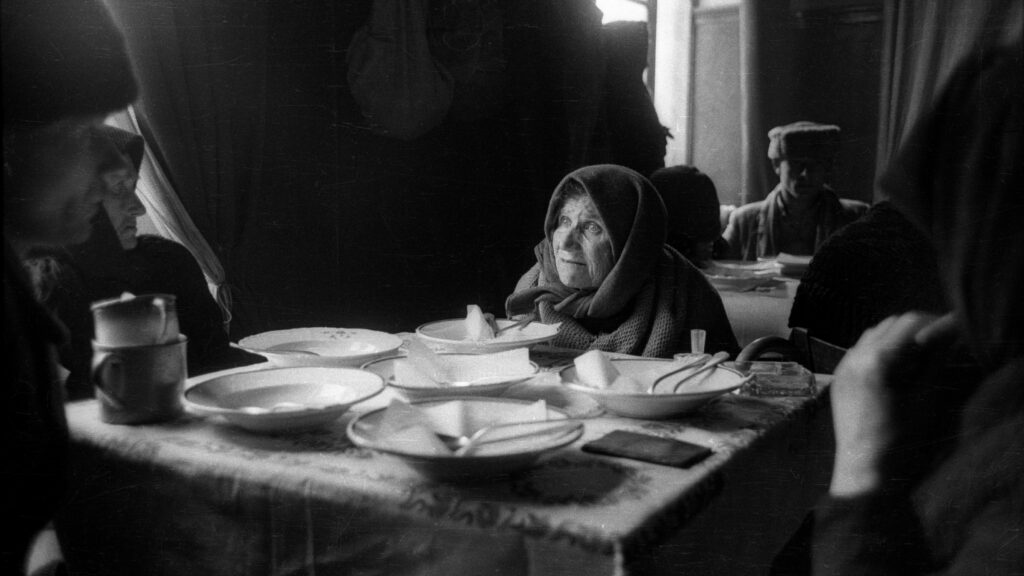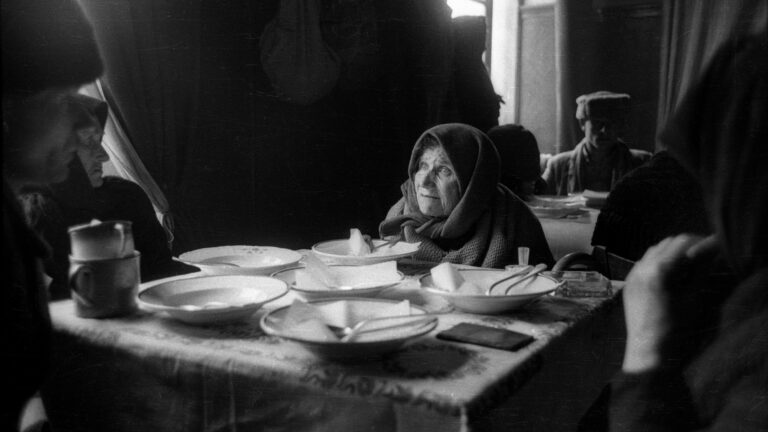Hotels were favoured operational locations for the state security services during the Kádár era. In general, all major hotels had embedded staff and rooms that were technically prepared for surveillance. The same was true for the Hilton Hotel in the Castle District in Budapest. Although relatively few state security documents have survived concerning the Hilton, a covert investigation from the spring and summer of 1982—code-named ‘Krisztály’ (‘Crystal’)—is relatively well known based on the surviving Daily Operational Information Reports (NOIJ). The NOIJ reports were produced between 1979 and 1990 by the state security units of the county police headquarters, as well as by the intelligence, counterintelligence, ‘domestic reaction-prevention’, and military counterintelligence departments, for the purpose of informing the Ministry of Interior leadership.
The target of the operation was the delegation of the International Monetary Fund (IMF), which was holding negotiations in Budapest and staying at the Hilton Hotel. According to a NOIJ dated 27 April, planning for the operation had already begun at that point:
‘On 18 May, a delegation from the International Monetary Fund will arrive in Hungary. The seven-member delegation will be accommodated at the Hilton Hotel, where their secretariat will also be set up. The composition of the delegation remains unchanged compared to previous visits. The source and content of the information have been verified.
Action: Following the arrival of the delegation, Operation “Crystal” will continue. A separate proposal will be submitted for this purpose.’ [1]

On 3 June, the following Daily Operational Information Report arrived from the counterintelligence division (Department III/II of the Ministry of Interior):
‘Surveillance of the delegation of the International Monetary Fund, which is holding negotiations in Hungary and is accommodated at the Hilton Hotel in Budapest, is ongoing—that is, Operation “Crystal” continues. According to the latest information, during a closed working meeting the delegation concluded that Hungary’s budgetary situation has deteriorated. The state budget and the foreign payment balance are not in harmony—that is, the ongoing budget deficit is being covered by foreign loans. The total amount of borrowing reaches $2 billion annually. In order to conceal the budget deficit, the Hungarian government is falsifying its budget balance.’[2]
It is a fact that Hungary joined the IMF on 6 May 1982, but the country would have gone bankrupt earlier that year had it not been for extraordinary loans provided by American banks. ‘The Reagan administration clearly sought to use financial instruments to pull Hungary out of the Soviet sphere of influence. The Hungarian political leadership, under pressure, was forced to make domestic concessions, but these did not result in immediate, tangible changes. For example, it was precisely during these same days, in June 1982, that operations were launched to dismantle the samizdat (illegal press) movement’—writes an unsigned entry on the website of the Historical Archives of the State Security Services (ÁBTL).
12 days later, counterintelligence submitted the following report:
‘During Operation “Crystal”, the following new information was obtained: the head of the IMF delegation, P. FONTENAY, had a telephone conversation with ALLEN WHITMAN in Washington. Fontenay stated that “during the negotiations—regarding the budget—only minor progress was made; with respect to the balance of payments, most of the data has been received.” According to Fontenay, the People’s Republic of Hungary (MNK) needs a very “strict programme”, and this was communicated to the Hungarian negotiating partners. The information is verified.’[3]
This clearly shows that the phones of the IMF delegation were wiretapped.
‘The counterintelligence was very successful: they managed to obtain all the secret documents of the IMF delegation’
Finally, we have one more NOIJ report from two days later:
‘Department III/II-7 reports: Subject: Operation “CRYSTAL”. From the documents of the head of the IMF delegation, the department was able to record all materials gathered and processed during the delegation’s work in Hungary—textual and tabulated evaluations, amounting to several hundred pages. Preliminary assessment indicates that the documents contain both the data provided by the Hungarian delegation and the modifications, estimates, and additions made by the IMF delegation. The materials also include a noteworthy rapid report reflecting the IMF delegation’s opinion and its negotiations with the highest-level Hungarian leadership. Of particular note is a complete IMF country report on the Polish People’s Republic, dated 16 April 1982, which the head of the delegation probably brought for comparative purposes.
Action: Utilization to be decided by higher leadership.’[4]
It can be concluded that the counterintelligence was very successful: they managed to obtain all the secret documents of the IMF delegation. ‘The stakes of the negotiations were how much loan we would receive, at what interest rates, and what economic corrections and austerity measures we would have to implement in return. Viewed from the perspective of the final outcome in 1990: the loans arrived, but the “reformed” Hungarian planned economy remained unable to adapt to the global market; the crisis deepened, and public debt increased,’ concludes the anonymous commentary on the website of the Historical Archives of the State Security Services.
The few pages that remain of operation ‘Crystal’ allow a unique perspective into the financial negotiations of the late Kádár period, when everybody in the state leadership knew that the regime would eventually crumble, and when Hungarian Communism was entirely dependent on Western financial assistance.
[1] Állambiztonsági Szolgálatok Történeti Levéltára (ÁBTL), 2.7.1. NOIJ, 27 Apr 1982.
[2] ÁBTL 2.7.1. NOIJ III/II, 102/1. 3 June 1982.
[3] ÁBTL 2.7.1. NOIJ III/II, 5 June 1982.
[4] ÁBTL 2.7.1. NOIJ III/II. 111/1. 17 June 1982.
Related articles:







